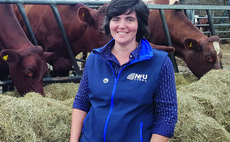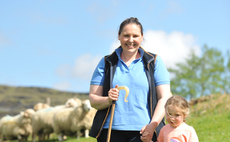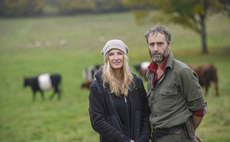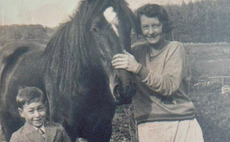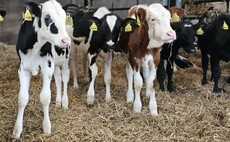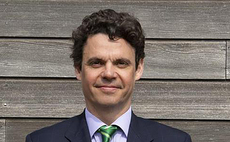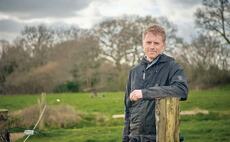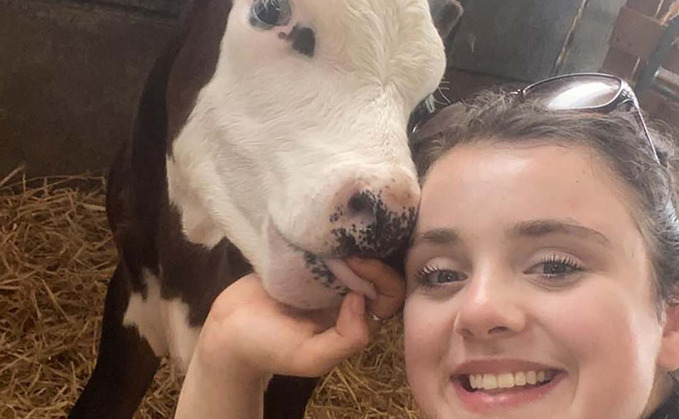
Agriculture can help young people most at risk reach their potential. Hannah Binnsexplores how Future Roots offers an unique learning environment for children not coping in a mainstream school setting.
Farming is the greatest untapped education, health and social care service, according to Julie Plumley, founder and owner of Future Roots.
Based at Rylands Farm in Dorset, Future Roots is a social enterprise which has supported children for more than a decade.
It aims to provide stability and direction through tough times for young people and their families.
"Thirteen years ago, I saw the potential of the farming environment for helping young people who were not coping in a mainstream school environment, " said Ms Plumley, who grew up on a farm before becoming a registered social worker.
"Since we opened our gates in 2008, we have seen more than 1,000 youngsters from eight years old up to 18.
"The young people here are not the issue, it is society’s inability to cope with their particular needs."
She added young people were not referred to Future Roots because they were ‘naughty’ but because they needed a safe and secure learning environment where they felt they could achieve and reach their potential.
"We believe there are always reasons for behaviours - not excuses - and that there is always a solution," she said.
"Three-quarters of young people who come to the farm are boys in their early teens and have been referred by their school or local authority."
The freedom farming can give to young people is also accredited to Future Roots’ success.
"There is an open space and they are not confined to a classroom," Ms Plumley said.
"Young people also have that feeling of being valued because they are always doing something useful, from cleaning out cows and bottle feeding lambs to fixing a fence.
"Everything is focused on learning by experience.
"By learning how to care for animals, the young people learn how to form relationships and build trust, which has a knock-on effect with their human relationships too.
"Young people respond to being needed, wanted and valued."
She highlighted Jordan, now 19, who went from struggling in mainstream school and making negative decisions to securing a full-time job at a local dairy farm.
"He worked really hard at Future Roots, completing functional skills in English and Maths as well as a practical level one in land-based operations and his MO1 tractor test.
"He also completed an apprenticeship in partnership with Future Roots and Kingston Maurward College.
"He is is now not only a hard-working reliable employee, but a thoughtful and responsible individual.
"His road may not always be straight in the future but we know he has the strengths to get back on track."
Young people can attend Future Roots for three days a week, up to a maximum of 15 hours a week.
The first six weeks involves an assessment by the team which will concentrate on the pupil’s strength and work to create a feeling of safety and belong for the child.
"These services, together with the opportunity to study functional skills, level 1 and 11 in Maths and English and take a City and Guilds in land-based operations means youngsters often leave Future Roots ready for more education or work," Ms Plumley said.
A 13-week short break course, designed to complement educational needs and showcase opportunities within the farming sector, is also run in conjunction with local schools.
"What Future Roots offers, combined with experienced mentoring which encourages positive, consistent and meaningful relationships, forms long-lasting change to attitudes, behaviours and outcomes for a young person," she added.
"I believe farming is the greatest untapped education, health and social care service.
"It enables young people to become work ready.
"It gets them into life."
Working with animals instilled me with confidence
BATTLING with anxiety meant Lisa, now 18, from Gillingham, Kent, never wanted to attend secondary school, but a chance to go to a farm every Wednesday in exchange for attending school helped boost her confidence.
She says: "I was only meant to go to the farm for six weeks, but I ended up staying for almost five years and still have not left."
With help from the farm, she decided to go to Kingston Maurward College to study level two agriculture, something she never thought she would voluntarily do.
"With my course you have to do one day of work experience at a farm each week and Rylands Farm has been so good at helping me with any work I am struggling with, from GCSE to college," she says.
"At the start I had no motivation and felt like I would not amount to much, but I am now [also] working as a apprentice dairy farmer and calf rearer at a nearby farm.
"I am really enjoying working there and the opportunity to gain experience in what I would love to continue doing and this would not have been possible without Julie and the college."








